What is the Difference Between Podium and Lectern?
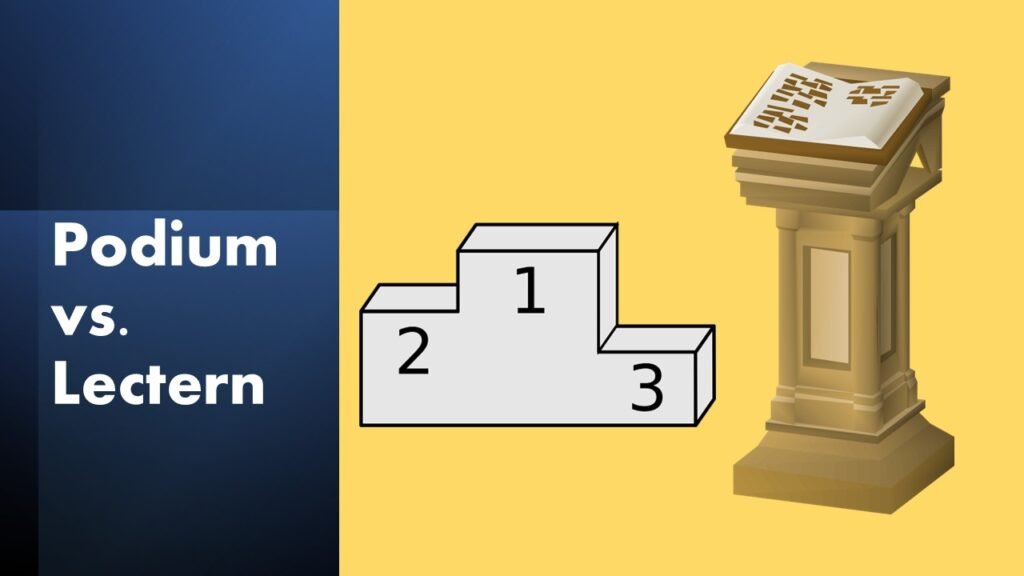
When You Are NOT Known to the Audience
🟢 Establish Credibility Quickly
Briefly introduce yourself with relevant expertise.
Example: “I’m [Your Name], leading [Project/Initiative]. I’ve analyzed [Key Issue] and have a recommendation for you.”
If someone is sponsoring your presentation, mention their support.
Executive Presence: Own the Stage
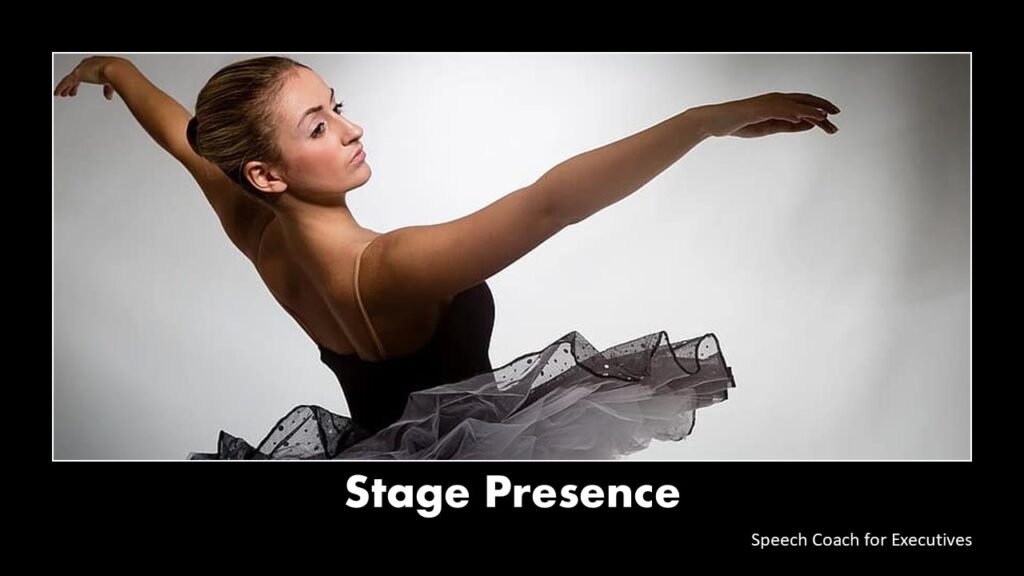
When You Are NOT Known to the Audience
🟢 Establish Credibility Quickly
Briefly introduce yourself with relevant expertise.
Example: “I’m [Your Name], leading [Project/Initiative]. I’ve analyzed [Key Issue] and have a recommendation for you.”
If someone is sponsoring your presentation, mention their support.
What Can Winter Olympics Teach us about Communication

When You Are NOT Known to the Audience
🟢 Establish Credibility Quickly
Briefly introduce yourself with relevant expertise.
Example: “I’m [Your Name], leading [Project/Initiative]. I’ve analyzed [Key Issue] and have a recommendation for you.”
If someone is sponsoring your presentation, mention their support.
Why Does Communication Break Down?
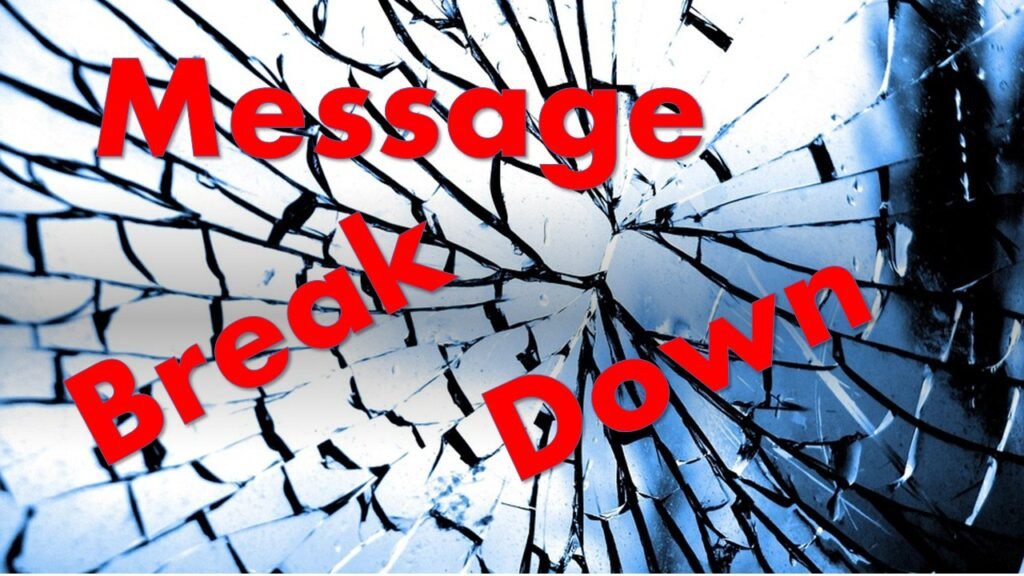
When You Are NOT Known to the Audience
🟢 Establish Credibility Quickly
Briefly introduce yourself with relevant expertise.
Example: “I’m [Your Name], leading [Project/Initiative]. I’ve analyzed [Key Issue] and have a recommendation for you.”
If someone is sponsoring your presentation, mention their support.
Video Messages from George Torok
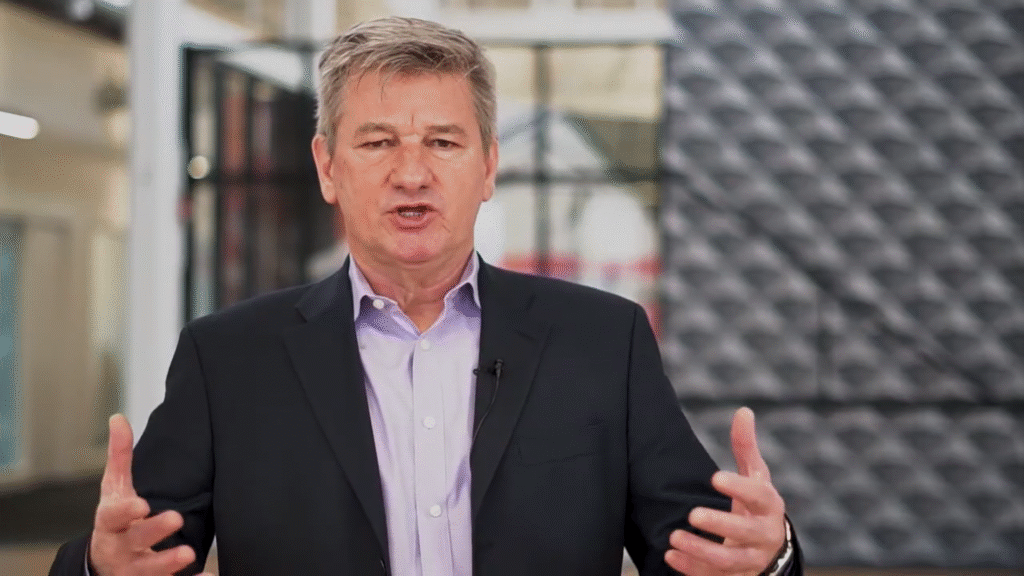
When You Are NOT Known to the Audience
🟢 Establish Credibility Quickly
Briefly introduce yourself with relevant expertise.
Example: “I’m [Your Name], leading [Project/Initiative]. I’ve analyzed [Key Issue] and have a recommendation for you.”
If someone is sponsoring your presentation, mention their support.
Feel Your Presentation Power
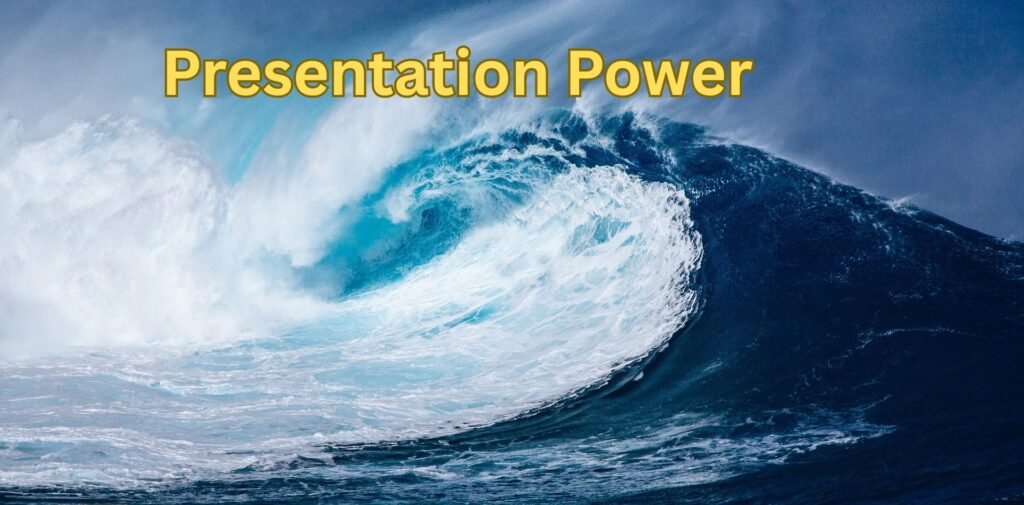
When You Are NOT Known to the Audience
🟢 Establish Credibility Quickly
Briefly introduce yourself with relevant expertise.
Example: “I’m [Your Name], leading [Project/Initiative]. I’ve analyzed [Key Issue] and have a recommendation for you.”
If someone is sponsoring your presentation, mention their support.
How to Speak to Senior Leaders
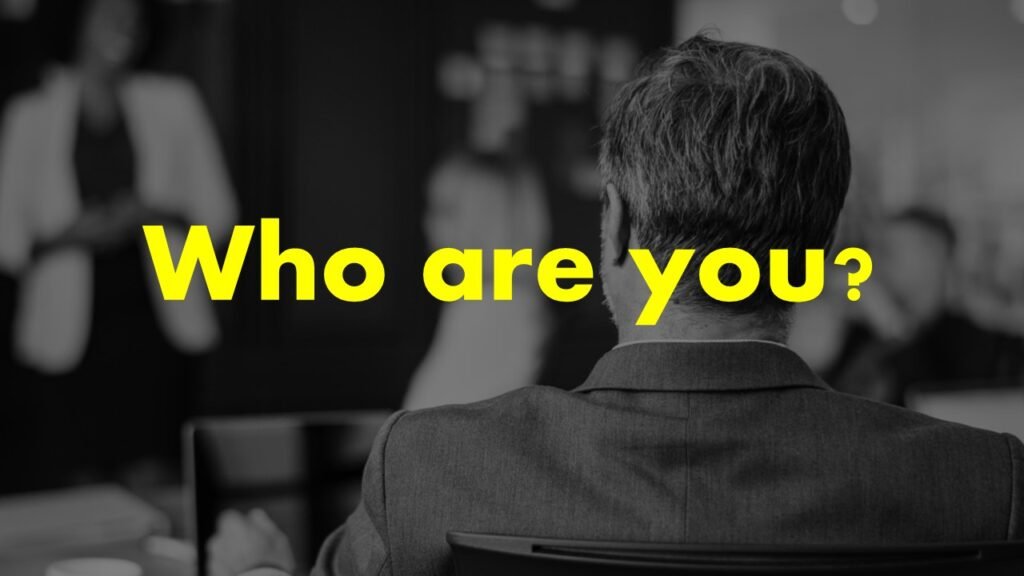
When You Are NOT Known to the Audience
🟢 Establish Credibility Quickly
Briefly introduce yourself with relevant expertise.
Example: “I’m [Your Name], leading [Project/Initiative]. I’ve analyzed [Key Issue] and have a recommendation for you.”
If someone is sponsoring your presentation, mention their support.
What’s the difference between Live, Virtual and Hybrid Presentations

IN THE ROOM (LIVE)
This is the traditional way that we are most familiar with, everyone in the same room. The size of the room and nature of the audience makes a difference. Lets examine three scenarios for in-the-room.
Death by PowerPoint: the Pain, the Monsters and the Horror

PowerPoint Monsters and Disasters You Can Avoid …if you Want
You know that a PowerPoint presentation can be a painful experience for the presenter and especially the audience. Let’s have some fun and throw some humor into the mix to laugh at the terrible PowerPoint presentations and then we can fix it. Let’s become aware of the problem and then work to use slide more effectively.
How to Build Your Self-Confidence

Self-confidence is the currency of success. It can be a elusive coin. Yet it is critical to life and success.
It can determine the difference between success and failure, happiness and misery, and even life and death. It’s not something that comes naturally, yet it’s a skill that can be learned and improved upon with practice. In this article, we will discuss some practical tips and techniques that can help you build self-confidence.
